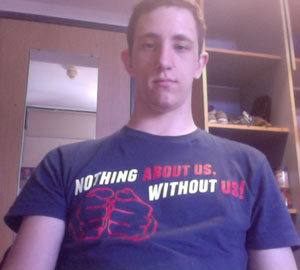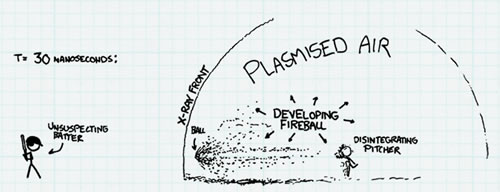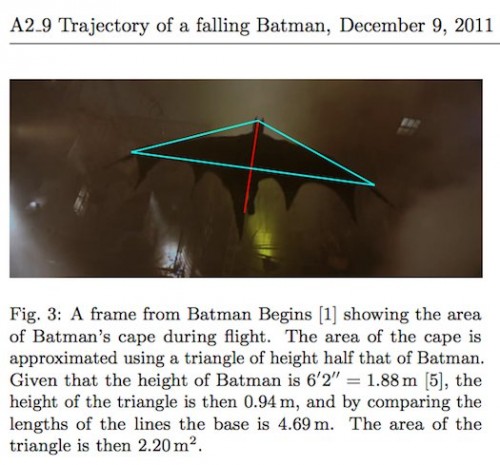See where this is headed? It spirals ever outward.
Not only are we looking at fraud and self-dealing by the largest banks in the West.
Not
only are we looking at interest rate manipulation that deprives
hundreds of trillions of dollars worth of interest-sensitive instruments
of money they deserved to receive.
We now have some evidence that the Bank of England — the
UK central bank — had knowledge of the LIBOR Lies, and approved Barklays' artificially lowered submissions as a solution for Barklays.
If so, the Bank of England knew about it all.
From ProPublica (my emphasis and paragraphing):
In
October 2008, with the financial crisis at full bore, Barclays was
again on the higher end of rate submissions. That month, according to
filings, a senior Barclays manager spoke with a Bank of England official about Libor rates, and the idea that they might be artificially low.
Hearing of this conversation, other Barclays managers “formed the understanding” that the Bank of England wanted Barclays to lower its submissions.
This week, Barclays released an email confirming the conversation was between Diamond and Bank of England’s deputy governor Paul Tucker. It was another Barclays manager, Jerry del Missier, who determined what he thought Tucker’s comments meant, Barclays says.
Shorter Barklays: Sir, these other lying banks are killing us, making our rates look too high.
Shorter Bank of England: So? How 'bout you lie too.
This is still iffy;
interpretation land. But it's pretty certain that the conversation took
place, whatever meaning either side attached to the statements.
Even so — if the
UK central bank knew that LIBOR was being manipulated, that itself is enough to make ... who? the UK government? ... complicit.
The parallel case would be if the Fed knew that JPMorgan Chase — a LIBOR bank, by the way — were doing the same thing. Whom do you arrest? Ben Bernanke?
And you should know that there are starting to be reports that what the Bank of England knew, the Fed knew.
Business Insider:
But a research paper from the Federal Reserve's Jeremy Berkowitz (now a professor at the University of Houston) indicates that the Fed was worried about LIBOR manipulation as early as February 1998.
In
that paper, Berkowitz tests alternative methods of calculating LIBOR
rates specifically because the Fed has already seen three examples of
misreporting from one bank in early 1996. While he writes those
incidents off as being "undoubtedly...unintentionally misreported," the composition of a paper to prevent against such errors suggests a great deal of interest from the Fed in this subject. ...
While Rabinowitz's paper does not imply that banks had been colluding to manipulate rates at the time it was written, it suggests that the Fed was already be concerned about the effects of inaccurate reporting by banks about their lending practices ten years before the financial crisis.
If
the Fed was alerted in the late 1990s, they had to be paying attention.
Do these Big Boy bankers talk to each other? I'm guessing once a month
at least — at St. Andrews.
Just keep your eyes open. This hasn't begun to blow. (And if it never does, that will be even worse news.)
Watching...






 There
are no hard statistics about the number of suicides linked to student
debt, but once the question is asked, many debt-ridden former students
admit to thoughts of ending it all. And we know that the rate of suicide
rises during times of unemployment and economic crisis. Take the story
of 47-year-old John Koch, who has a law degree, but works as a painter
and lives with his parents.
There
are no hard statistics about the number of suicides linked to student
debt, but once the question is asked, many debt-ridden former students
admit to thoughts of ending it all. And we know that the rate of suicide
rises during times of unemployment and economic crisis. Take the story
of 47-year-old John Koch, who has a law degree, but works as a painter
and lives with his parents.
 On
June 28, the United States Supreme Court issued its ruling on the
constitutionality of the Patient Protection and Affordable Care Act,
also known as Obamacare. Both CNN and Fox News, in an effort to break
the news quickly, announced the plan had been struck down by the court
-which was wrong. Ten days later, enough information about the news
errors had been unearthed and validated that a timeline of events could
be constructed to explain how and why they happened. SCOTUSblog presents
it all in a long but fascinating account.
On
June 28, the United States Supreme Court issued its ruling on the
constitutionality of the Patient Protection and Affordable Care Act,
also known as Obamacare. Both CNN and Fox News, in an effort to break
the news quickly, announced the plan had been struck down by the court
-which was wrong. Ten days later, enough information about the news
errors had been unearthed and validated that a timeline of events could
be constructed to explain how and why they happened. SCOTUSblog presents
it all in a long but fascinating account.



















